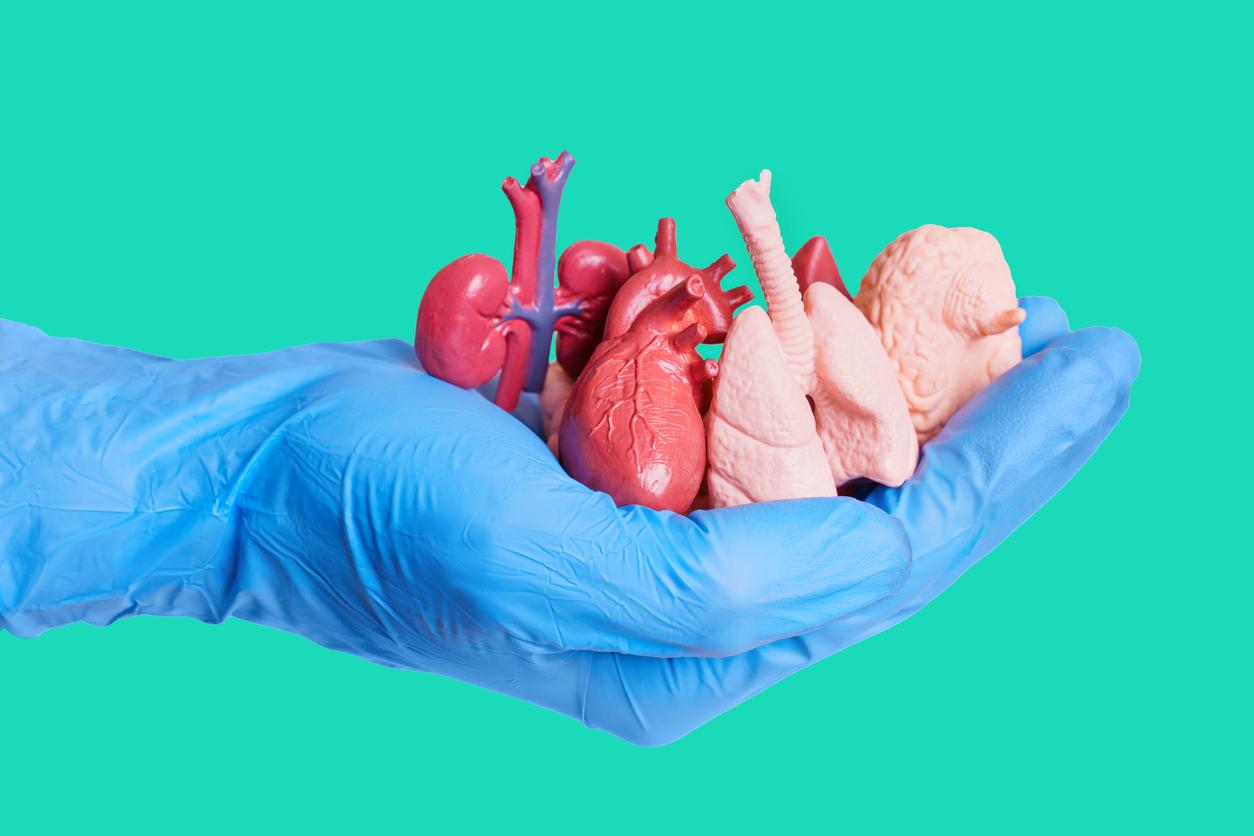Every day, 15 organ transplants are performed in France. This result, taken from the report “Organ donations and transplants, key figures for 2015” byBiomedicine Agency, confirms the major success of these operations. It corresponds to a 7% increase compared to 2014. With 5,746 organs transplanted in 2015, the annual target of 5,700 transplants set by the transplant plan established by the Minister of Health Marisol Touraine has therefore been achieved and exceeded. In France, in 2015, 54,659 people had a functional graft. And in 10 years, the number of organ transplants has jumped by more than 35%. Several factors explain this increase: a double authorization to remove organs and tissues from deceased donors but also from living kidney donors and liver, a better census of subjects in a state of brain death (and therefore of potential donors) and a slightly lower rate of opposition to removal with a national average of 32.5%, compared to 33.5% in 2014.
“Regained quality of life”
Not only is the number of transplants on the rise, but the quality of this technique is also constantly improving. Thus, for patients who received a kidney transplant between 1993 and 2005, survival at one year is 90.4%, 79.1% at 5 years and 62.5% at 10 years. “This means that after 10 years, nearly two-thirds of kidney transplants are still functional“welcomes the Biomedicine Agency in a press release. Better: now, transplant an organ”no longer only saves lives, it is a major therapeutic asset that offers patients and their families a rediscovered quality of life” announces the Biomedicine Agency. And it does not seem ready to stop since the year 2015 was marked by promising innovations in this field, including the first clinical trial authorization in France of uterus transplants and the launch of a research program on the larynx transplant.
But donations remain insufficient
Despite the increasing numbers, the number of patients requesting a transplant remains very high. Thus, in France, more than 21,000 people are still waiting for a transplant and each year, 200 patients die for lack of receiving a graft in time. This could partly be explained by the noticeable aging of the French population.
To fill this gap, the Biomedicine Agency is considering, for example, extending the age of donors from 60 to 65 years. Furthermore, an amendment to the new health law could change the donor status: the doctors will no longer have to systematically consult the family of a deceasedon the issue of organ donation. Thus, if the deceased is an adult and is not registered in the National Register of Refusals, he may be an organ donor.
>> To read also:
World Organ Donation Day: what is presumed consent?
First full face transplant performed in the United States
Transplant: what determines donor-recipient compatibility?
A monkey’s head was grafted onto the body of another
















